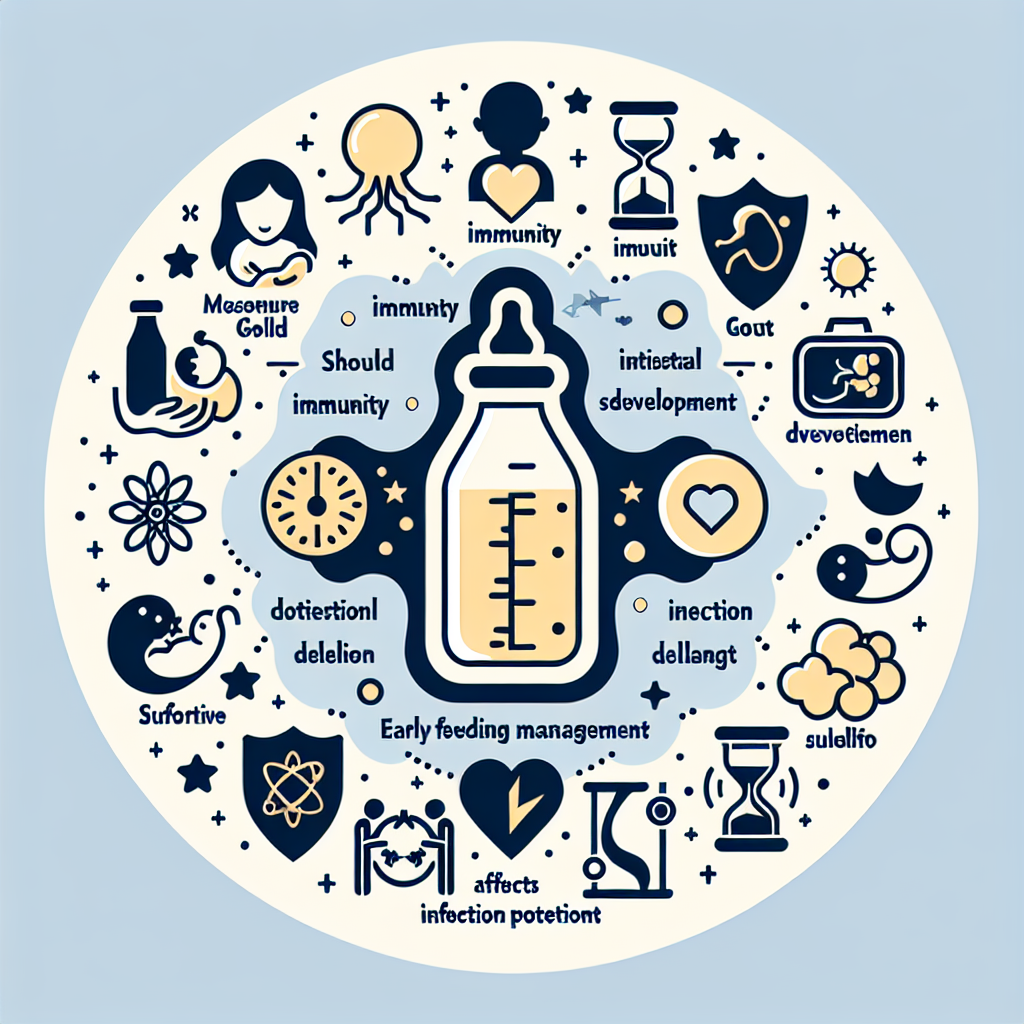All About Colostrum: Essential Information for Mothers
The period immediately following birth is crucial for both mother and newborn. One of the essential components of this stage is colostrum, an important topic that deserves all the attention. In this article we will explore what colostrum is, its importance and benefits, providing essential information for all mothers.
What Is Colostrum?
Colostrum is the first type of milk produced by mammals, including females, immediately after the birth of the chick or baby. This "super milk" is dense in nutrients and contains high amounts of proteins, vitamins and minerals, being extremely beneficial for the development and health of the newborn.
In the first few days postpartum, colostrum is often thick and yellow, also referred to as "liquid gold" due to its appearance and rich content of nutrients and antibodies. Although produced in small quantities, colostrum is all that a baby needs in the first days of life.
The benefits of colostrum
Immune Development
Colostrum is vital for the development of the baby's immune system. It contains antibodies and leukocytes that protect against infection and bacteria. Specifically, it contains immunoglobulin A (IgA), which forms a barrier in the mucous membranes of the intestines, mouth and throat, protecting the baby from the beginning of life.
Digestion and Nutrition
Although colostrum is produced in small quantities, it is perfectly adapted to the digestive needs of the baby. Easy to digest, it helps newborns pass their first stool, called meconium. This helps to prevent jaundice in the newborn and to establish a normal rhythm of digestion.
Brain and Body Development
Colostrum is rich in essential fats, which are vital for the development of the newborn's brain. It also contains key nutrients that promote healthy development and overall body growth.
Breastfeeding and Colostrum
The First Days of Breastfeeding
Breastfeeding in the first days postpartum ensures that the newborn receives the necessary colostrum. It is important for mothers to start breastfeeding as soon as possible after birth to stimulate colostrum production and help establish an effective breastfeeding pattern.
Tips for Breastfeeding
Mothers must pay attention to the position of the body and the correct attachment of the baby to the breast to facilitate a breastfeeding process as comfortable as possible. It is also important to be patient and persistent as both mother and baby are learning and adjusting to this new stage.
The Challenges of Colostrum
The amount of colostrum
Some mothers may be concerned that they are producing too little colostrum, but it is essential to remember that newborns have very small stomachs and do not require large amounts of milk in the first few days.
Breastfeeding Problems
Breastfeeding difficulties, such as pain or mastitis, can be overcome with the help of lactation consultants and the use of correct breastfeeding techniques. It is important for mothers to seek support and not give up breastfeeding, as the benefits are immense.
Conclusion
Colostrum is the first gift a mother can give to her baby, a nutrient- and antibody-dense superfood that plays an essential role in the healthy development of the newborn. By understanding the importance of colostrum and encouraging breastfeeding in the early days postpartum, mothers can ensure they are feeding their babies the best start in life.
For more information and support on breastfeeding and newborn care, we encourage you to visit our dedicated section of the website or subscribe to our newsletter for helpful tips and articles. Breastfeeding can have its challenges, but with the right information and support, it can become an enriching and rewarding experience for any mother and baby.














































































































































